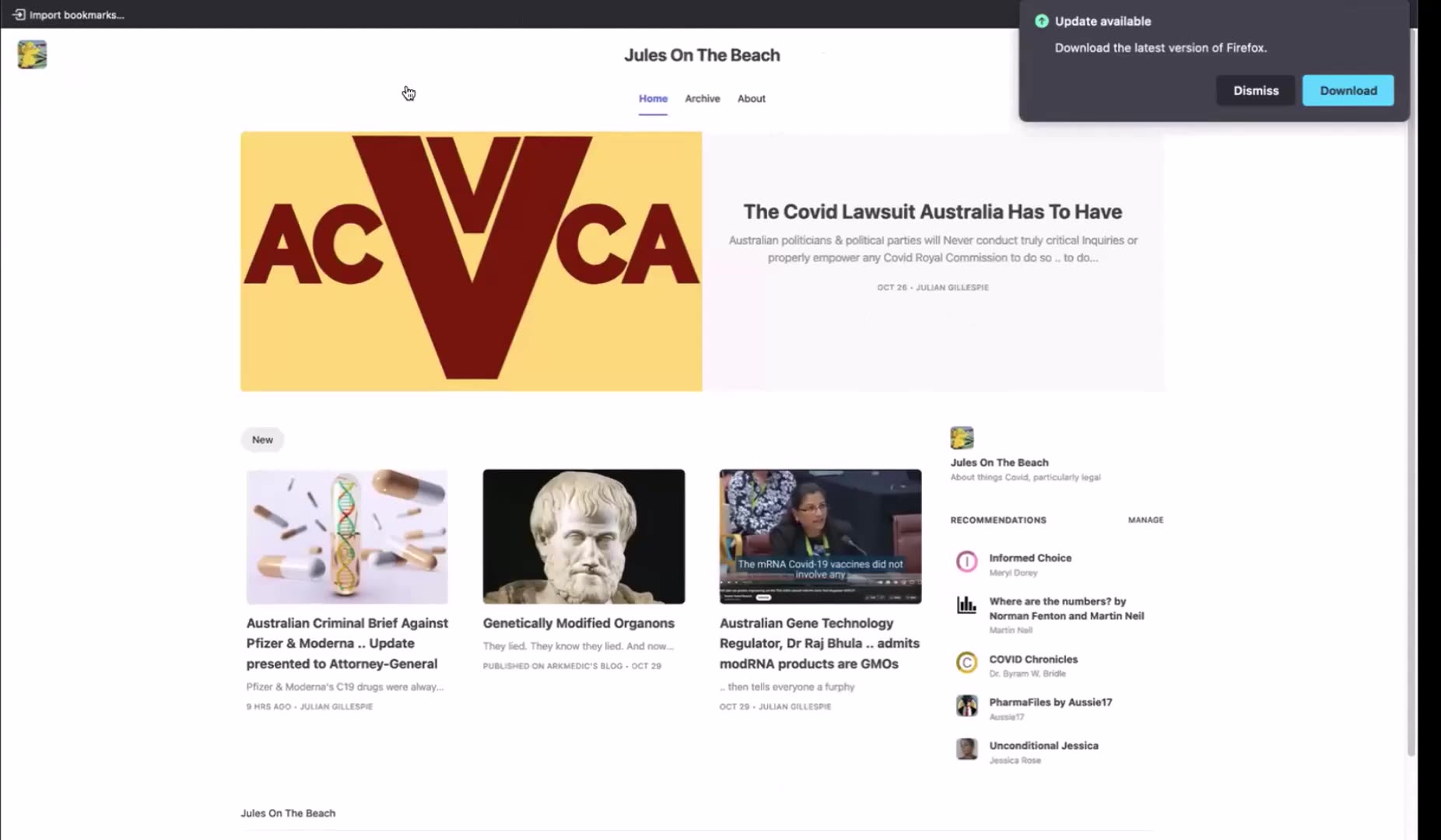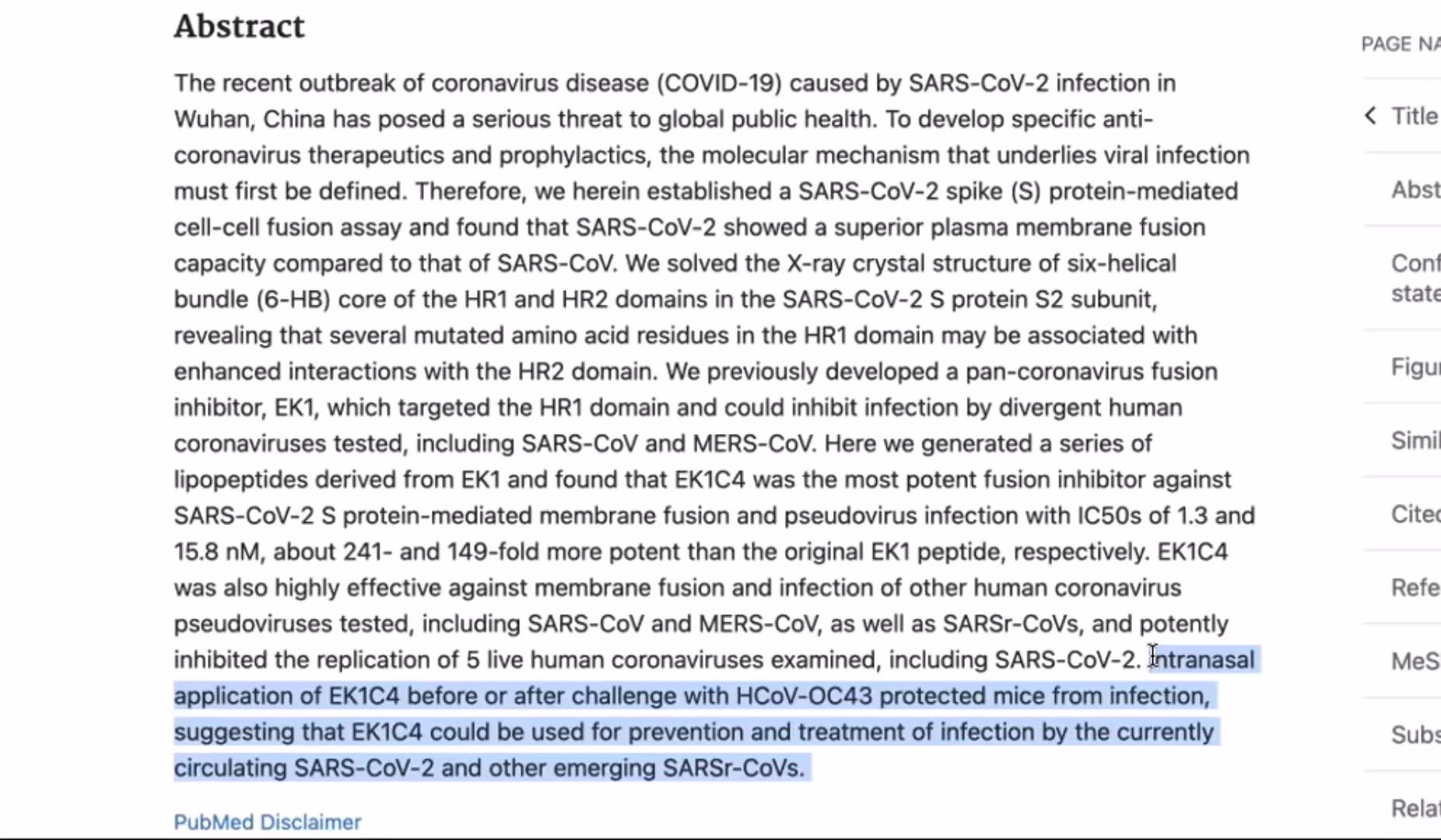NEW ZEALAND's Therapeutic Products Bill Submissions Due 15 February 2023
Australian Medical Network Contribution
A Therapeutic Products Bill has been introduced by the New Zealand ("NZ" ) Labour Party. The Therapeutic Products Bill replaces the Dietary Supplements Regulations of 1985 and the Medicines Act of 1981. - https://www.parliament.nz/en/pb/bills-and-laws/bills-proposed-laws/document/BILL_130084/tab/video
The proposed changes to the bill are as follows:
Market authorisation is required before therapeutic products can be imported into, exported from, or supplied in New Zealand.
Establishing new rules for a variety of controlled activities.
Creating a regulatory body for therapeutic products.
The Therapeutic Products Bill covers a framework for the production, prescription, importation, advertisement, supply, and export of therapeutic products and the oversight of clinical trials.
According to NZ Health Minister Andrew Little, the Bill will give New Zealanders confidence in the security, effectiveness, and quality of the pharmaceuticals, medical devices, and natural health products they use.
The Bill has been in the making for more than a decade and will line up with international practices to help export NZ medicines, other treatments and natural health product industries to the world. The Minister believes that consumers need to know the natural health products they buy off the shelf are safe, "Quality medicines and medical devices are essential for a well-functioning health system."
“Consumer safety sits at the heart of the Bill, so the community will be better protected from goods and gadgets that make unfounded or misleading therapeutic claims." he said.
"It will enable New Zealand to take advantage of advances in medicine, such as cell and tissue therapies, emerging gene therapies, and the use of artificial intelligence and machine learning software. Having risk-proportionate approval systems will improve access to necessary and life-saving medicines, such as vaccines in a pandemic." he further added.
Concerns
While the government welcomes the reforms and insists it will not restrict natural health products, health professionals have been here before and raise the following concerns.
When put into effect, the Bill allows for greater flexibility, which means the new regulator has the authority to restrict the availability of foods, remedies, and natural health products. In addition, the regulator may favour synthetic ingredients in place of natural ones. What goods will be available for purchase by New Zealanders will be determined by the appointed regulator, resulting in natural health products becoming significantly more expensive.
The Bill may overreach traditional Māori practices which has happened in the past.
The Bill will impose additional costs on manufacturers and consumers and create uncertainty regarding the products that millions of New Zealanders have purchased and relied upon.
Regulating the natural health products used by more than 50% of the NZ population is a key component of the Bill. In 2017, The Labour government attempted to ban 300 common herbal ingredients (for example; Neem, Cinnamon, Mustard). Further analysis of the language used in the Bill leads health professionals to believe that, The Labour Party is making a third attempt to severely restrict the public's ability to choose their diet, supplements, and medical care. The government's first two attempts were unsuccessful due to public awareness and opposition.
An extensive list of typical herbal medications that was supposed to be illegal under the 2016 legislation—drafted by Medsafe https://www.medsafe.govt.nz/ with help from the International Coalition of Medicines Regulatory Authorities, or "ICMRA*"—still exists. https://icmra.info/drupal/ The new regulator could adopt and add to this list as soon as they are appointed, as nothing in the Bill prevents them from doing so.
With the stated purpose of "addressing current and emerging human medicine regulatory and safety challenges globally, strategically, and in an ongoing, transparent, authoritative, and institutional manner," ICMRA was established in 2012 as a result of the 65th World Health Assembly conference. Its members include drug and medical product regulatory organisations from the European Union and 22 other nations. 15 additional countries are included as associate members.
The World Health Organization is listed as an "observer" in it. This issue does not just affect New Zealand, but will also affect most nations and people in the world as the global health system is being ushered toward a highly centralized authoritarian model, seeking to remove an individual's right to determine their own health outcomes and instead be decided by the state and unelected foreign and corporate entities. The prohibition and control of natural products in New Zealand will further deteriorate trust in the government. According to Edelman's Trust Barometer, 1 in 2 people surveyed view governments as divisive and untrustworthy.
Following in the footsteps of NZ's Food Bill, levies will be placed on the health products industry, which will drive small players out of the market due to the cost of compliance.
The Bill also contains a variety of enforcement tools, such as tiered criminal offences, strict liability offences, improved infringement notices, and a civil pecuniary penalty regime, in response to violations.
Deadline For Public Submissions
The deadline for public submissions is February 15th. There is a good chance that the Bill will pass before the next New Zealand general election, which will take place at the end of 2023. It is also anticipated that it will take some time before the law is fully implemented, but the Bill suggests a backstop start date of 1 September 2026.
New Zealanders must write to their Member of Parliament and demand that the Bill be rejected.
Your donation can make a difference, so we can keep supporting you! Let's work together to transform health & wellbeing in Australia. - https://www.australianmedicalnetwork.com/donate-to-amn.html
Become an AMN Member Today - https://www.australianmedicalnetwork.com/membership/become-a-member.aspx
Conflict of interest disclaimer - South Australia in Focus receives no financial contribution for sharing this information, it is a public service announcement.








































